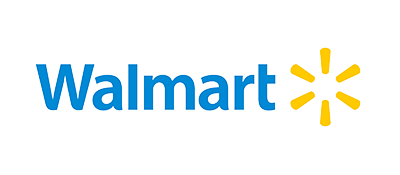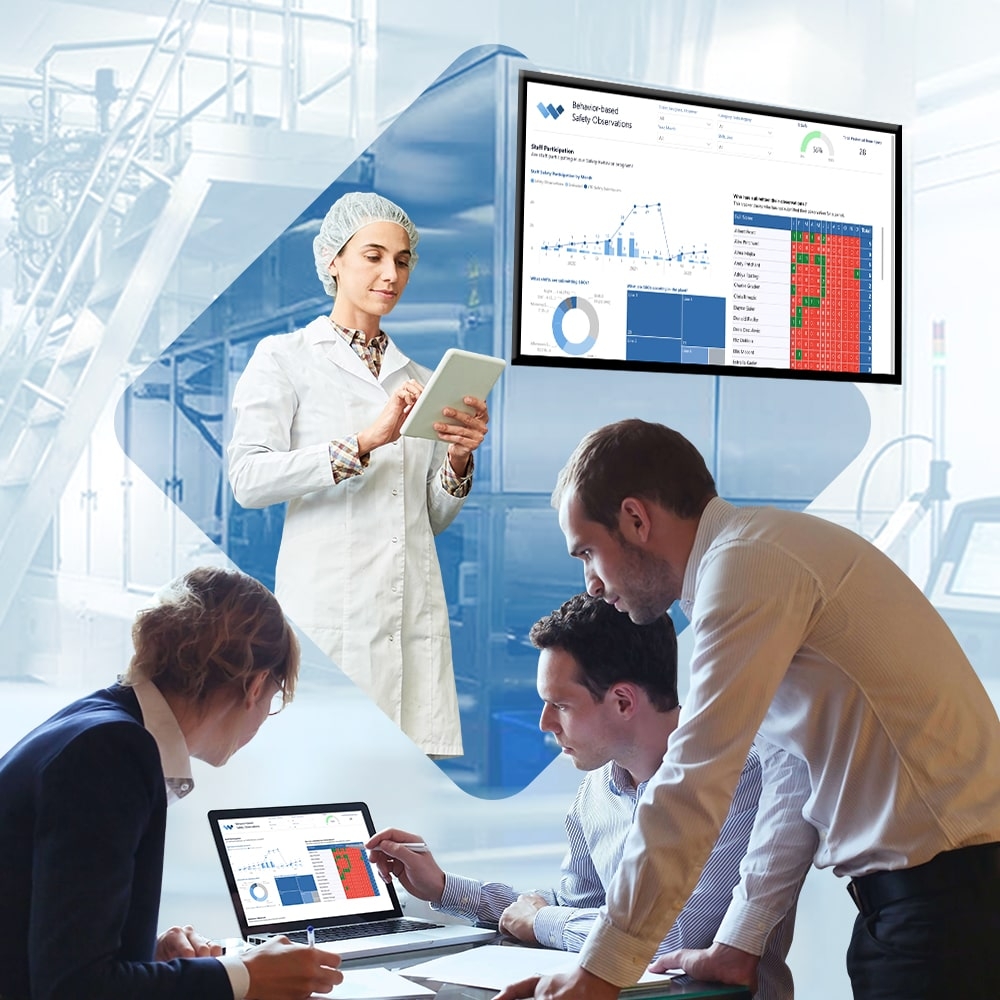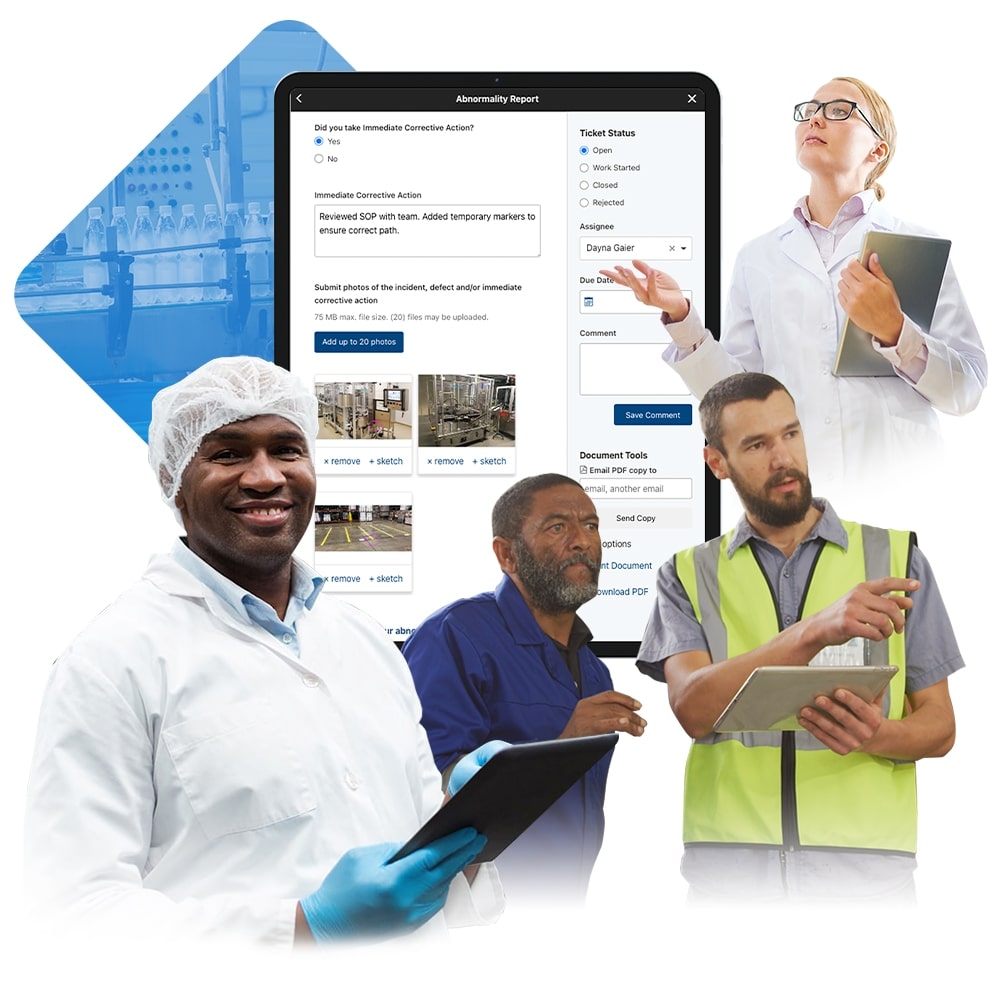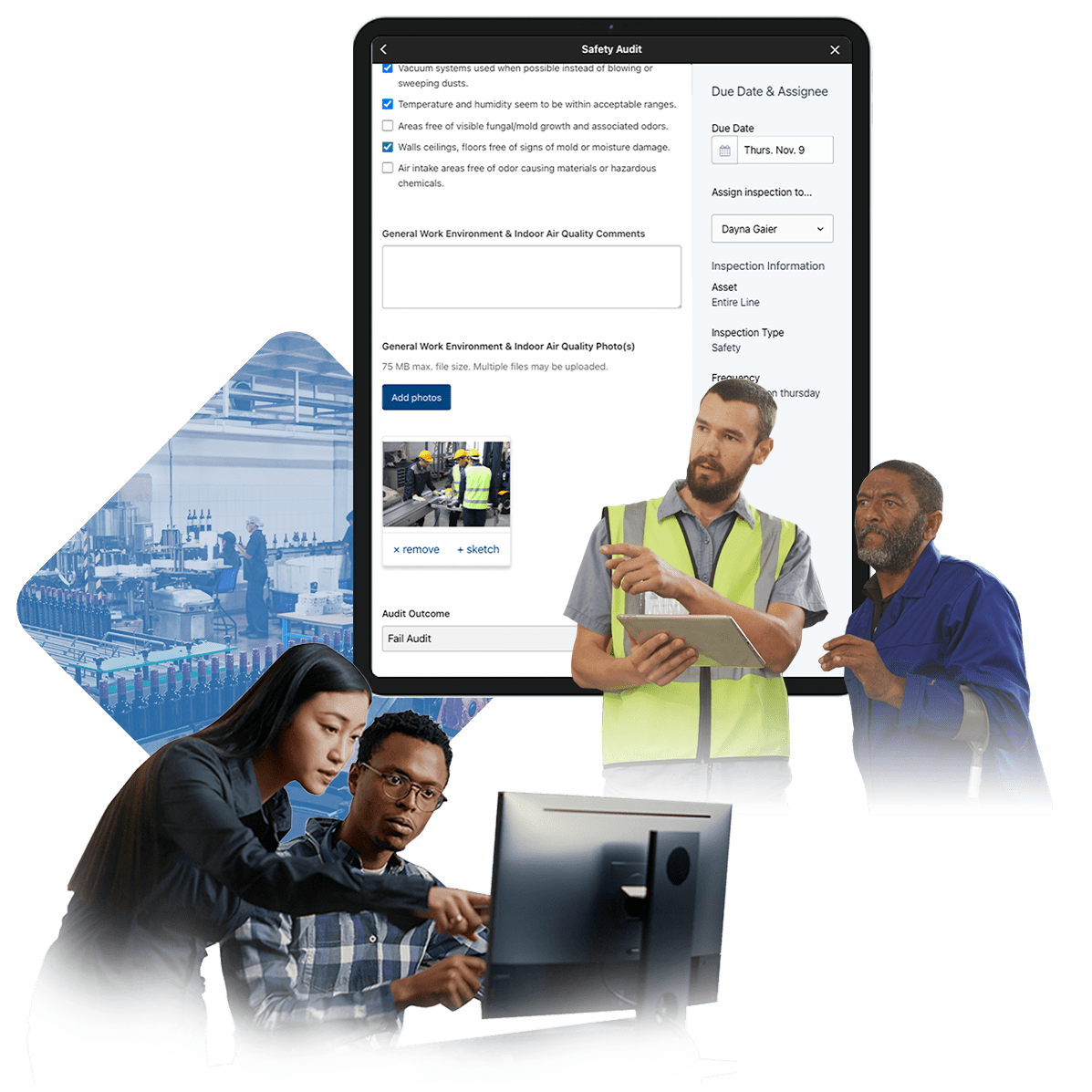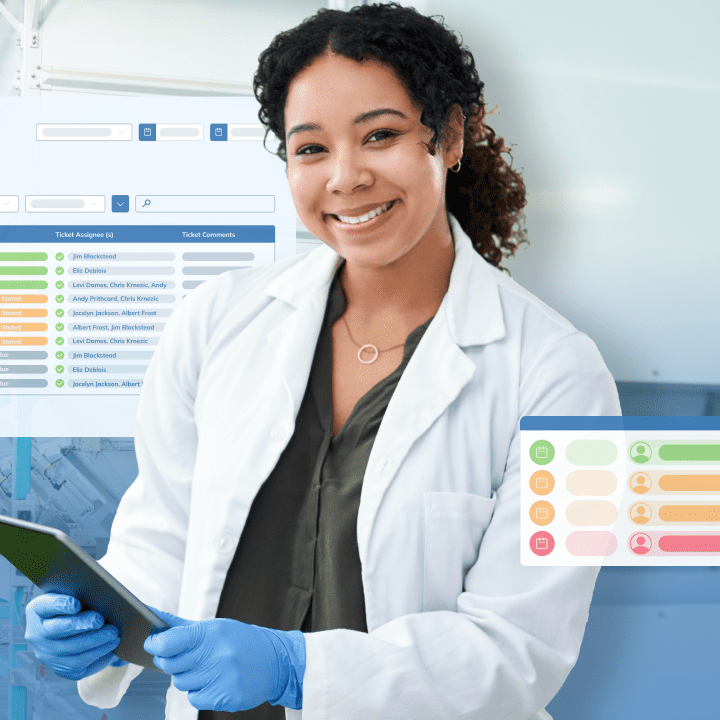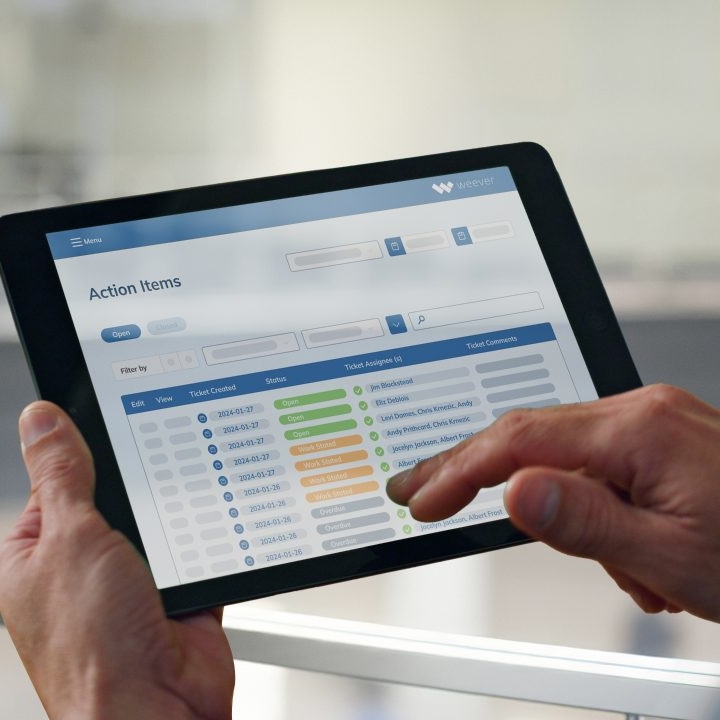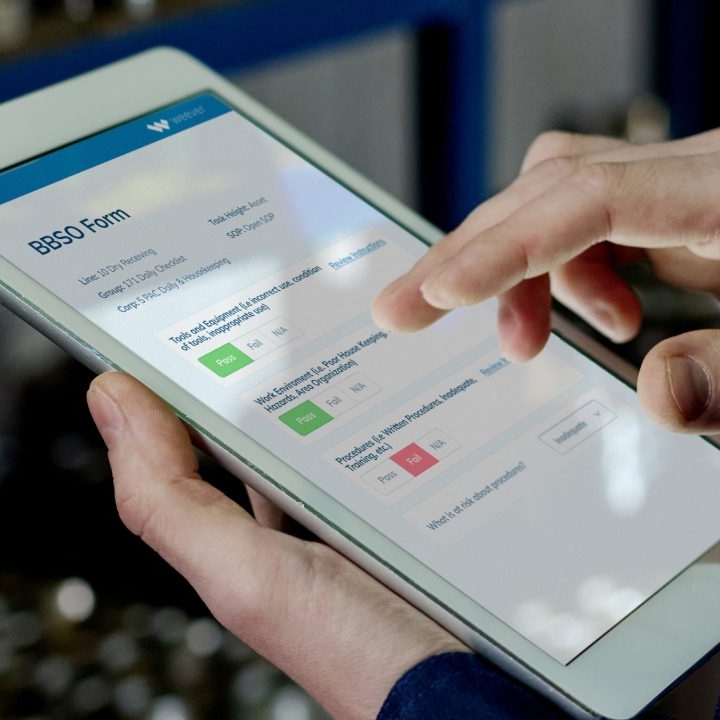Weever as a Game Changer in Autonomous Maintenance for Non-Manufacturing Sectors
Discover how Weever's autonomous maintenance tools boost efficiency in logistics, retail, healthcare, and other non-manufacturing sectors. Automate workflows, gain insights, and stay ahead of trends.
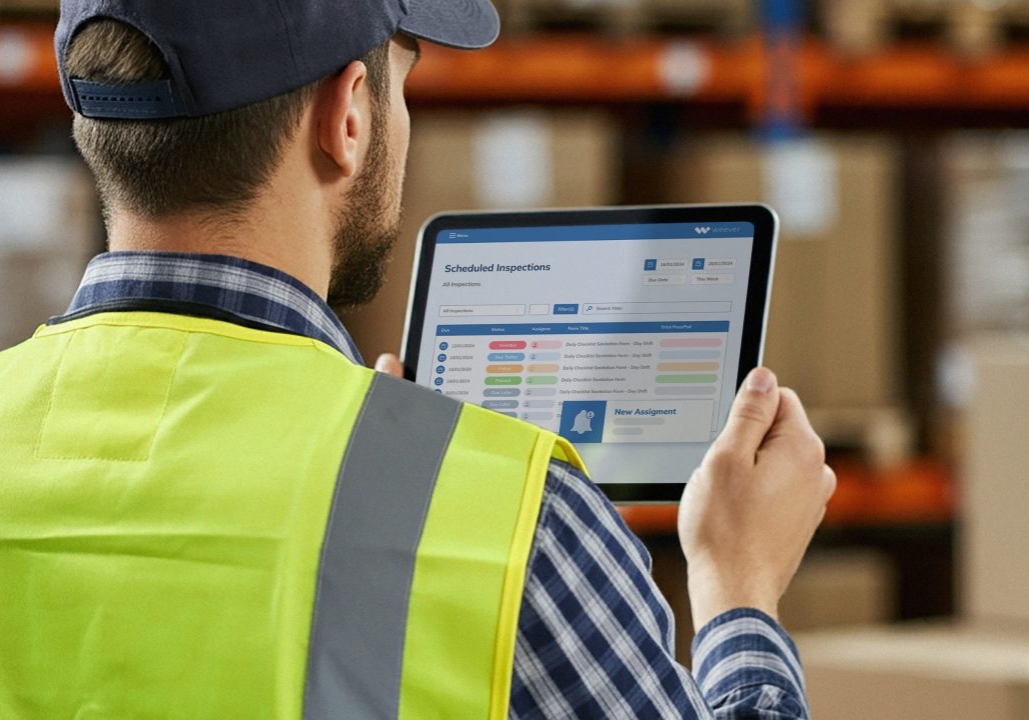
When people hear the term "autonomous maintenance," it's often associated with manufacturing environments. But what is autonomous maintenance, and how can it apply to non-manufacturing sectors like logistics, retail, and healthcare? Autonomous maintenance refers to empowering frontline employees to take responsibility for basic maintenance tasks like cleaning, inspecting, lubricating, and minor repairs. By doing so, equipment uptime is improved, operational efficiency is maximized, and unexpected downtime is minimized.
For non-manufacturing sectors, this concept can be equally transformative. The ability to keep critical systems and machinery in optimal condition is crucial for operational success. Weever software extends the benefits of autonomous maintenance beyond the manufacturing floor, offering tailored solutions for industries such as logistics, retail, and healthcare.
Autonomous Maintenance Meaning in Non-Manufacturing Sectors
In logistics, retail, and healthcare, autonomous maintenance may look slightly different from its application in manufacturing, but the core principles remain the same:
- Logistics: Employees ensure that conveyors, automated sorting systems, and barcode scanners are regularly inspected and maintained to avoid bottlenecks.
- Retail: Store associates maintain point-of-sale systems, refrigeration units, and other equipment critical to retail operations.
- Healthcare: Medical equipment, HVAC systems, and refrigeration units are maintained by healthcare staff to ensure safety, compliance, and operational continuity.
So, how does Weever transform autonomous maintenance in these industries? Let's dive into the key benefits.
Weever Software: A Game Changer for Non-Manufacturing Sectors
Weever helps businesses across logistics, retail, and healthcare leverage autonomous maintenance practices to stay ahead of industry trends and ensure optimal performance.
1. Tailored for Non-Manufacturing Sectors
Weever's platform is designed with simplicity in mind, making it accessible to industries where employees may not have a deep technical background.
- User-friendly design: Weever's interface is intuitive, allowing employees to easily navigate and implement maintenance tasks without a steep learning curve. This is especially useful in sectors like retail and healthcare, where the primary focus is not typically on machinery.
- Customized workflows: In logistics, for example, employees can quickly access maintenance checklists for conveyor systems and barcode scanners, while in healthcare, staff can use pre-configured templates for maintaining refrigeration and medical equipment.
- Quick adaptation to trends: As new trends and regulations emerge, Weever makes it easy for businesses to update their maintenance processes. Whether it's a new guideline in healthcare for cleaning medical devices or an updated regulation for food storage in retail, Weever helps teams stay compliant and efficient.
This simplicity ensures that teams in non-manufacturing sectors can focus on their core responsibilities while still ensuring that vital equipment stays operational.
2. Automated Workflows and Action Items: Enhancing Efficiency
One of the most powerful features of Weever is its ability to automate workflows and action items, which is especially beneficial in non-manufacturing industries where maintenance isn't always top-of-mind.
- In logistics: Weever can automate tasks such as scheduling routine inspections for conveyor systems or notifying employees when barcode scanners need maintenance, reducing the risk of operational downtime.
- In retail: Automated workflows ensure refrigeration units are regularly checked and point-of-sale systems are cleaned and inspected, helping avoid costly breakdowns during peak hours.
- In healthcare: Equipment critical to patient care, such as sterilizers or diagnostic machines, can be automatically tracked for maintenance, ensuring compliance with strict healthcare regulations.
By automating these tasks, Weever reduces the need for manual oversight, allowing businesses to focus on their main operations while ensuring that essential equipment is properly maintained.
3. Anticipating Industry Shifts
Weever's advanced analytics provide businesses with insights that go beyond basic maintenance tracking. These insights are key to anticipating industry trends and staying ahead of competitors.
- Data-driven decisions: For logistics companies, Weever can analyze how frequently equipment like sorting machines experience issues, helping identify patterns and areas that may need more frequent attention. For example, if certain machines experience frequent malfunctions during peak shipping periods, maintenance can be scheduled more frequently during those times.
- Trend analysis: In healthcare, where technology evolves rapidly, Weever's analytics help businesses keep up with the latest trends in equipment maintenance. By understanding equipment usage patterns, healthcare facilities can adapt to new industry standards or requirements, ensuring patient safety and compliance.
- Retail performance insights: Retail businesses can use Weever's analytics to understand the health of their equipment, like refrigeration units or checkout systems, and adjust their maintenance schedules accordingly. This helps prevent equipment failures during high-traffic periods, such as the holiday season.
These insights help non-manufacturing businesses stay proactive, rather than reactive, in maintaining equipment and meeting industry standards.
4. Real-Time Reporting: Keeping Businesses Informed
Real-time reporting is critical for industries that rely on consistent, up-to-the-minute information to maintain operations. Weever's real-time reporting tools ensure that businesses in logistics, retail, and healthcare stay informed about their maintenance efforts.
- Instant updates: Logistics companies can receive immediate alerts if there's an issue with a conveyor system, allowing for swift action to prevent fulfillment delays.
- Ongoing visibility: In healthcare, real-time reports on the status of medical devices or refrigeration units help maintain compliance with healthcare standards, reducing the risk of costly fines or operational disruptions.
- Preventative alerts: Retail businesses can use Weever's real-time alerts to address maintenance issues before they become bigger problems, ensuring systems stay operational during critical sales periods.
Real-time reporting not only helps address issues as they arise but also enables businesses to maintain a proactive approach to equipment maintenance.
5. Seamless Implementation and Adaptation
Implementing new maintenance strategies can be a challenge, especially in industries where the primary focus isn't on equipment maintenance. Weever's structured rollout methodology ensures that businesses can implement and adapt to new trends without disruption.
- Clear roadmap: Whether it's integrating new maintenance practices for healthcare equipment or optimizing workflows for logistics operations, Weever provides a step-by-step plan for rollout, ensuring minimal downtime and maximum efficiency.
- Ongoing support: As new trends and technologies emerge, Weever's team offers support to ensure businesses can seamlessly integrate new processes into their operations.
- Industry-specific flexibility: Weever's methodology is flexible enough to adapt to the unique needs of different industries. For example, healthcare facilities may need to quickly adapt to new medical equipment or hygiene standards, while retail businesses may require new maintenance protocols to comply with changing regulations.
This flexibility and support help businesses in non-manufacturing sectors stay ahead of emerging trends and maintain a competitive edge.
Autonomous Maintenance with Weever Isn't Just For Manufacturing
Autonomous maintenance can be a game changer for non-manufacturing sectors like logistics, retail, and healthcare. By implementing autonomous maintenance practices, these industries can improve equipment uptime, reduce operational disruptions, and adapt to new trends in real time.
Weever software extends the benefits of autonomous maintenance to non-manufacturing businesses with its intuitive platform, automated workflows, powerful insights, real-time reporting, and structured rollout methodology. With Weever, businesses can stay ahead of emerging trends and ensure that their operations run smoothly and efficiently.
Discover how Weever is revolutionizing autonomous maintenance beyond manufacturing.
Discover how Weever is revolutionizing autonomous maintenance beyond manufacturing.
Continue Reading
"Having cloud-based forms on devices around the facility makes them so much more accessible, which makes it painless for operators to quickly provide a report."
Johanna Velez, VP Quality Assurance

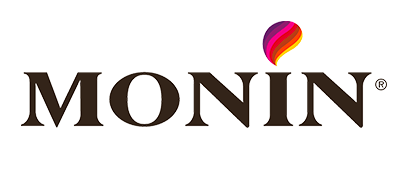
"Weever is really user friendly and will have a massive positive impact on our operations and training team."
Mel Cadle - Op Ex Lead Process Engineer

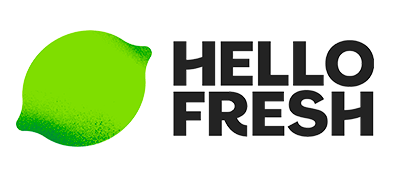
"It's shifted our safety culture because now we are much more focused on what we should be looking at."
Kody Crossen, Operations Manager of EHS

